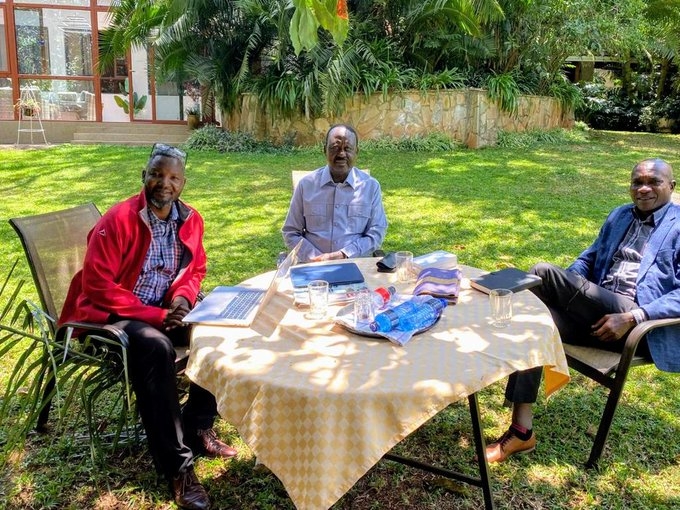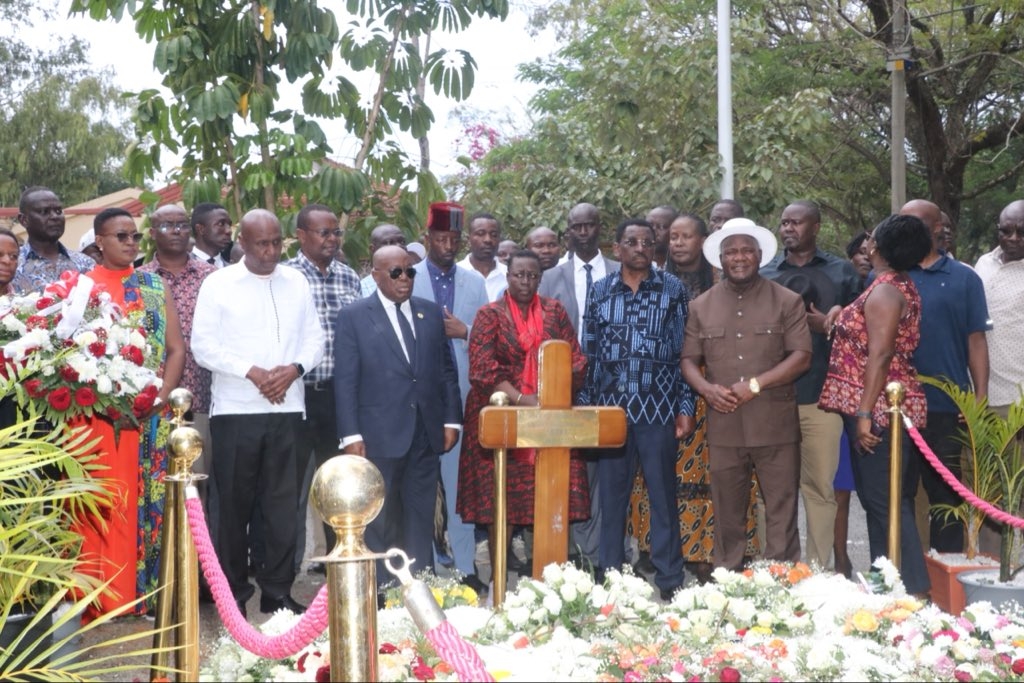In recent years, narratives about the migration of Africans have been marred by harmful misconceptions, fuelling stereotypes, xenophobia and violence. It is crucial to dispel these myths to ensure migration management in Africa and beyond is effective and supports sustainable and inclusive development.
A common perception in western countries is that millions of desperate Africans fleeing poverty and violent conflict African are ‘flooding’ and ‘overwhelming’ the region. TV and newspapers have been awash with images of boats loaded with African migrants in the Mediterranean Sea risking their lives to cross into Europe by all means.
While these images cannot be wished away, they present a distorted picture and feed inaccurate narratives about African migration. A broader perspective on the issue presents a different reality.
The African Migration Report published by the African Union and the International Organization of Migration notes that irregular migration represents a small fraction of African migrants. However, it receives disproportionate media attention, thus warping the perceptions of the public and policymakers.
Some politicians and activists in Europe have exploited this “migration crisis” to sow anti-immigrant sentiments and push for hardline and counterproductive policies threatening the safety and rights of African migrants. The European Union Pact on Migration agreed by EU member states recently is an example of this as stated by global humanitarian and human rights organisations.
IOM indicates that 80 per cent of African migrants are moving to other African countries, not Europe. They include millions of traders who cross international borders within Africa for business, thus contributing significantly to economic development and social integration. Nigeria, South Africa and Ivory Coast attract the most migrants in Africa seeking economic opportunities.
Another IOM report indicates that 80 per cent of Africans thinking about migration have no interest in leaving the continent. In addition, 94 per cent of Africans migrating outside Africa are, in fact, regular and legal, such as reuniting with family or pursuing work or study.
Further, only 14 per cent of the global migrant population is African, compared to 41 per cent from Asia and 24 per cent from Europe. The continent has one of the lowest migration rates of 2.9 per cent. These numbers demonstrate that African migration is not as widespread as perceived by many.
Regrettably, African media tends to uncritically transmit western media framing of African migration, thus entrenching inaccurate narratives lacking in context and nuance. This may be partly due to the limited capacity to report effectively on migration from an African perspective.
Similarly, much of the existing academic scholarship on African migration is by non-African researchers and writers who advance the dominant approaches that do not align with Africa’s realities and interests. It is no surprise migration policies and practices in some African countries mimic European approaches, impeding the movement of people through aggressive border control and migrant detentions. At the same time, they lack the capacity to address the harms of irregular migration such as human trafficking and organised crime.
IOM’s Africa Migration Report notes that many migration initiatives in Africa tend to serve the agenda of donor countries rather than the aspirations of the continent. They focus mostly on irregular migration to Europe at the expense of maximising the opportunities offered by intra-African migration. Addressing the two migration strands does not have to be mutually exclusive.
It is time to provide an accurate and balanced picture on African migration to strengthen its management. African media and institutions of learning and research need to devote more attention to the critical issues of migration to generate and highlight credible data, influence policies and interrogate inaccurate narratives.
Migration is part of human reality and its effective management brings economic and social benefits to both the host and origin countries of migrants. Challenging misconceptions contributes to better migration management.












